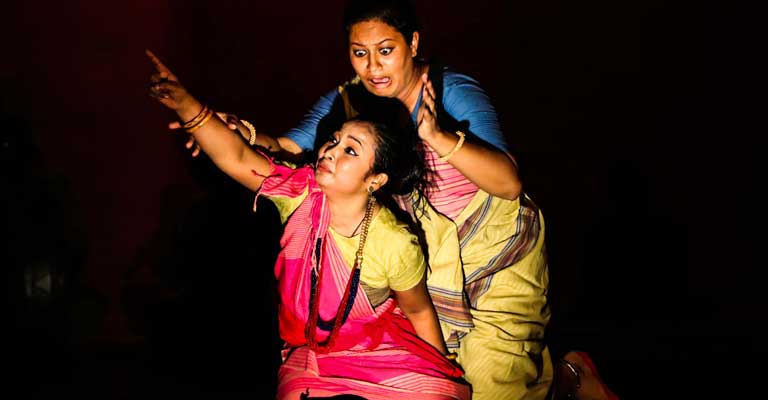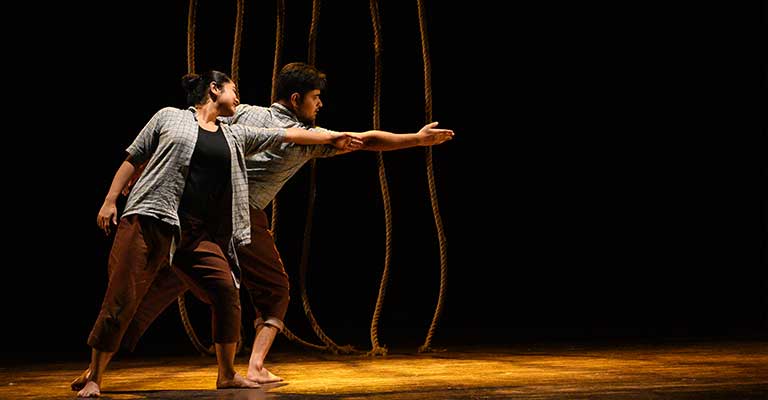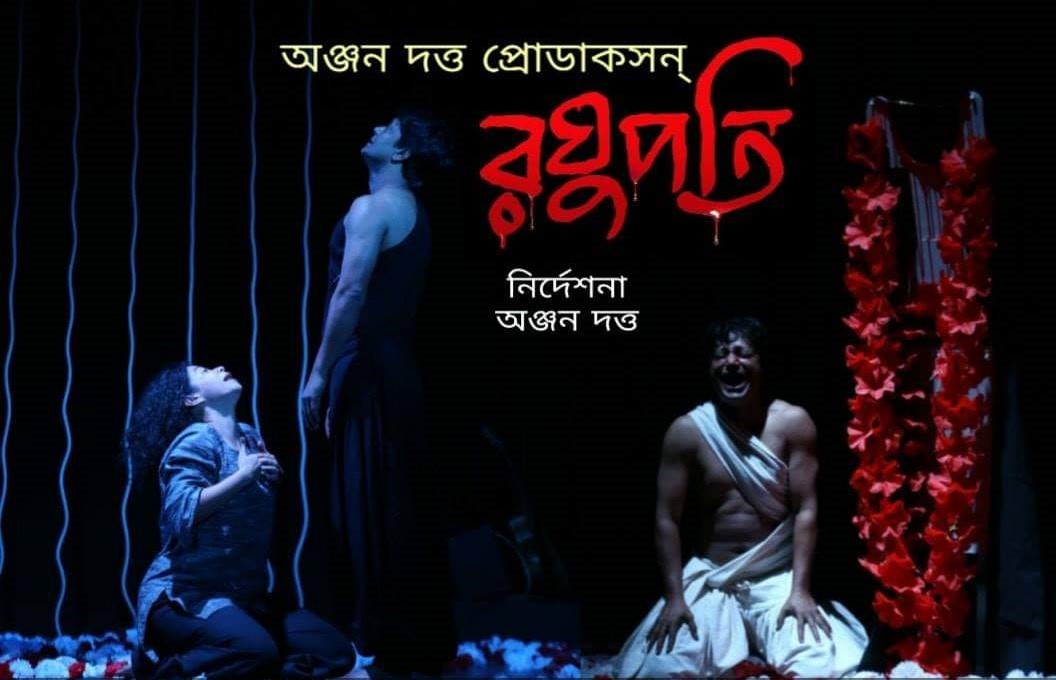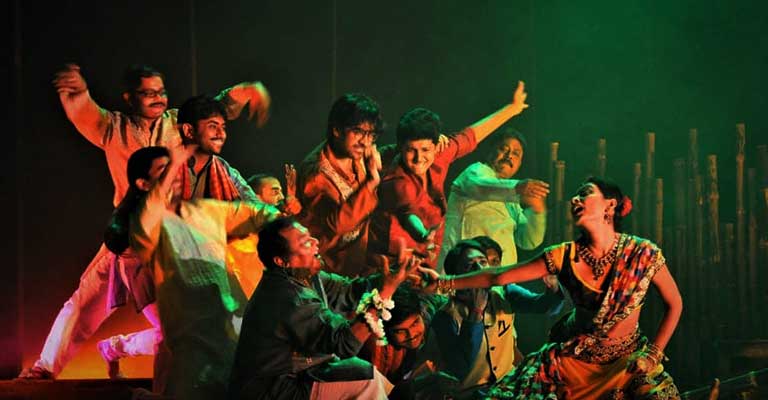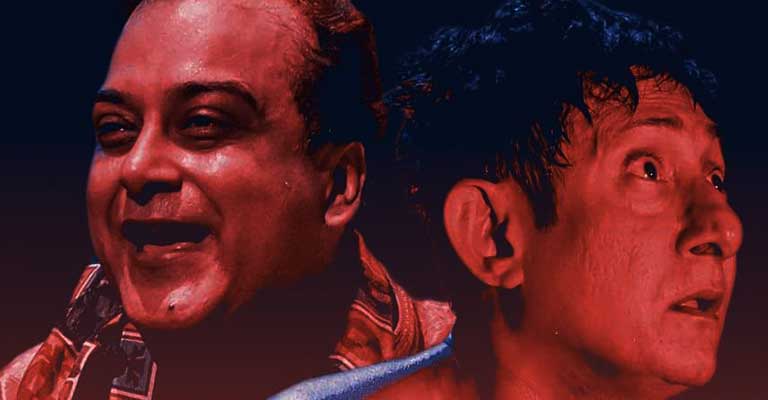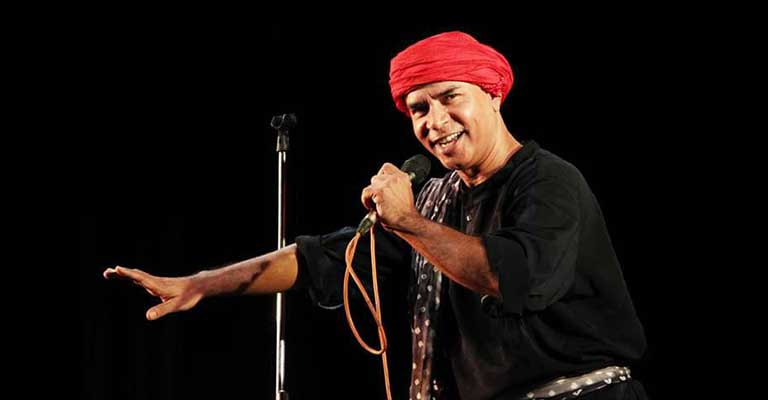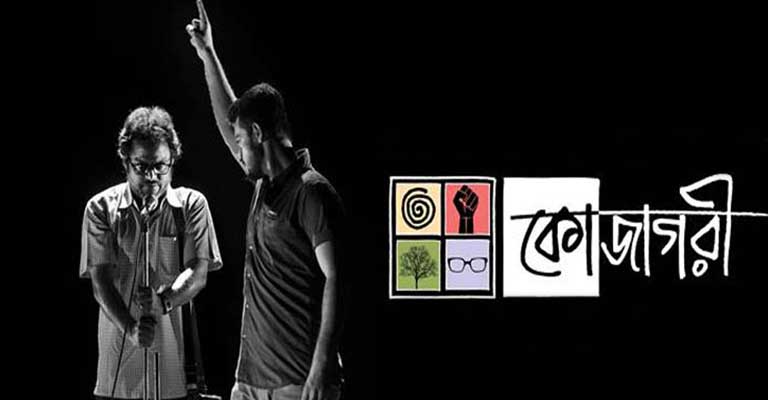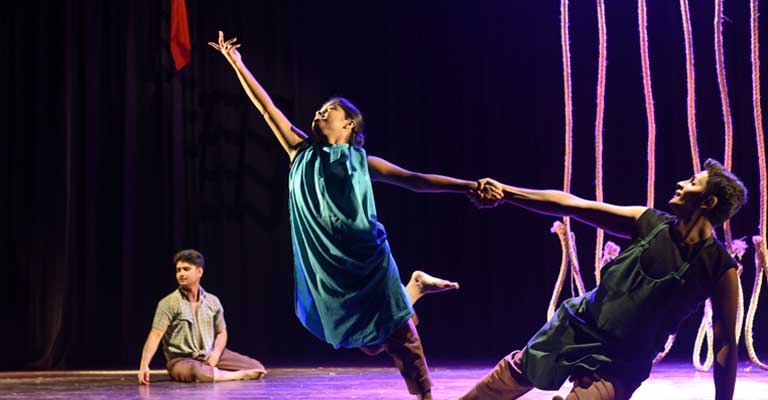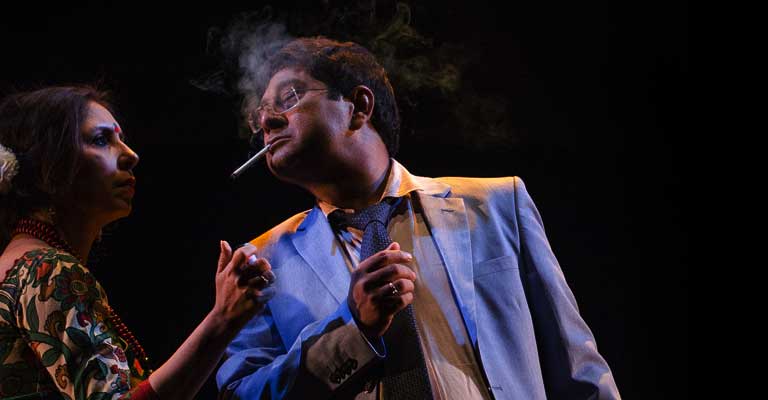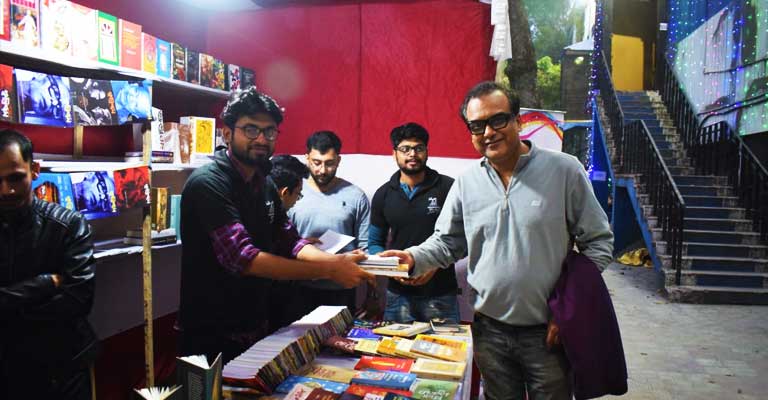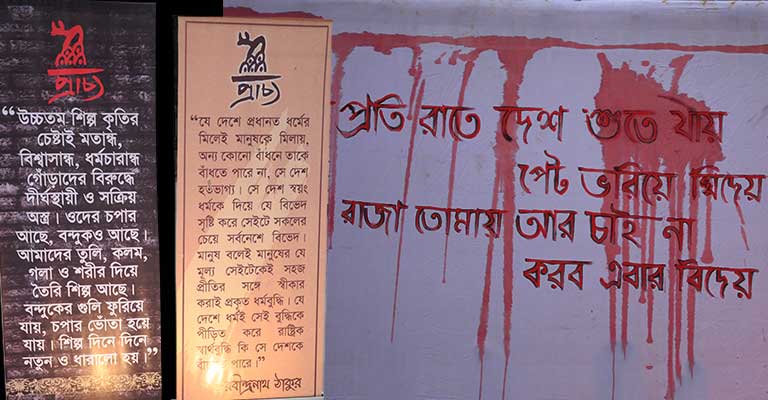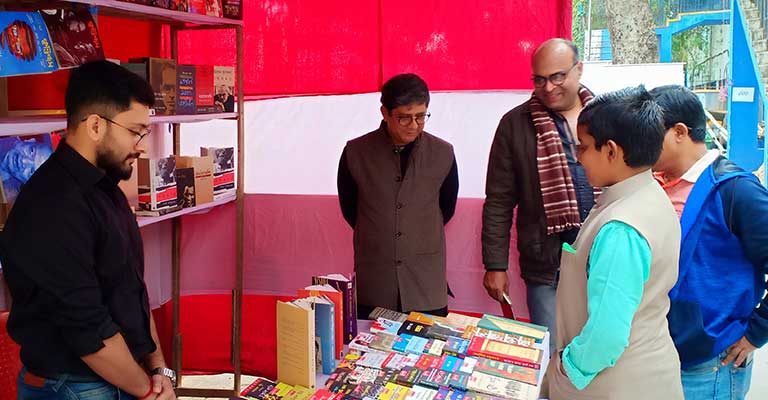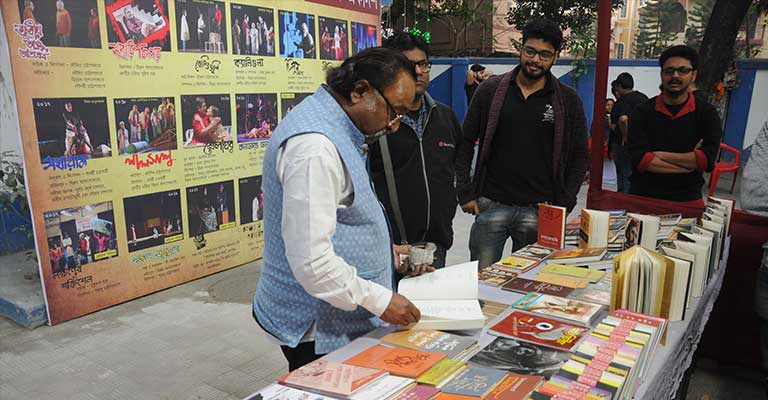“Wangal” is festival of harvest, Kanu Sangma the Mandi-tribal boy who is intoxicated by his addiction towards the festival. He madly falls in love with Mitti Faroque, a girl in the tribe. He used to run endlessly in the forest after sound of jhumar of Mitti. Whereas, Mitti used to run after her favorite pet Fighter(rabbit). Kanu cannot bare Mitti’s love for fighter and out of jealousy he kills the rabbit with his lance. This incident wrecks havoc in Mitti’s heart and she reacts voliolently towrads kanu. Few days later, Kanu hears Mitti’s scream from the forest. He follows her sound inside the forest and founds out Mitti got attacked by a wild bull. He charges after the bull and kills it and later the whole tribe feasts on the bull. Then Kanu and Mitti fall in love. Her mother does’nt approve of their relationship, she wants her daughter to get a job in the city.
